“Cross-border platforms use journalistic content for profit without sharing profits, without taking legal responsibility, and without removing false news upon request,” a National Assembly delegate pointed out the shortcomings.
These paradoxes were pointed out by National Assembly delegate Le Thu Ha ( Lao Cai ) when discussing the draft revised Press Law on the afternoon of November 24.
Proposal to add 3 mandatory obligations for cross-border platforms
Regarding press activities in cyberspace, delegate Le Thu Ha said that the draft law is approaching with traditional thinking, while cross-border platforms have changed the entire information distribution structure.

National Assembly Delegate Le Thu Ha (Photo: Hong Phong).
“These platforms use press content for profit, manipulate algorithms, program and quote news without sharing profits, without taking legal responsibility and without removing false news as requested by competent authorities,” Ms. Ha stated the reality.
According to the female delegate, if the Press Law does not set out minimum legal obligations, the Vietnamese press will forever be in an unequal position.
Therefore, she proposed adding three sets of mandatory obligations for cross-border platforms.
One is the obligation to share revenue with the direction that any organization or individual reusing press content on cyberspace in the form of synthesizing, quoting, displaying excerpts or exploiting press data... must have the consent of the press agency and comply with the benefit-sharing mechanism according to the agreement.
Second is the obligation to remove infringing content within a certain period of time.
Third is the obligation to be legally present in Vietnam, to be responsible before the law and to cooperate with management agencies in handling violations.
“Without legal representation, all obligations remain on paper and cannot be enforced,” Ms. Ha emphasized.
Another reality brought up by delegate Trinh Thi Tu Anh ( Lam Dong ) is that in the context of strong development of artificial intelligence and social networking platforms, there has been a situation where a number of organizations and individuals who are not press agencies continuously quote and repost content from mainstream newspapers but with misleading titles, cropping, and seriously distorting the original content to attract interactions and advertising revenue.

National Assembly Delegate Trinh Thi Tu Anh (Photo: Hong Phong).
This has been and is directly threatening the professional journalism economic model, according to a delegate from Lam Dong province.
This, she believes, will devalue journalistic content and lose advertising revenue because digital platform algorithms tend to prioritize displaying content that creates strong emotions, overshadowing balanced professional journalistic content.
The consequence, according to delegate Tu Anh, is that advertising revenue is automatically diverted from responsible press agencies (where quality content is produced) to highly interactive view-baiting channels, eroding the financial source to maintain professional journalism.
Based on the above reality, the female delegate proposed that the National Assembly consider adding regulations on related rights of press agencies in cyberspace, and at the same time assign the Government to study negotiation mechanisms and revenue sharing between press agencies and major digital platforms.
“This regulation does not restrict people's freedom of speech but aims to protect intellectual property rights and related rights of press agencies, entities that have spent large sums of money to produce responsible information,” delegate Tu Anh stated.
News from AI puts huge pressure on the press
Delegate Ly Anh Thu (An Giang) emphasized the protection of mainstream journalism in the era of strong development of artificial intelligence (AI) and fake news.
According to her, that context has profoundly changed the information environment, with the role of manipulation, any individual can create articles, images, and videos that are identical to press products.
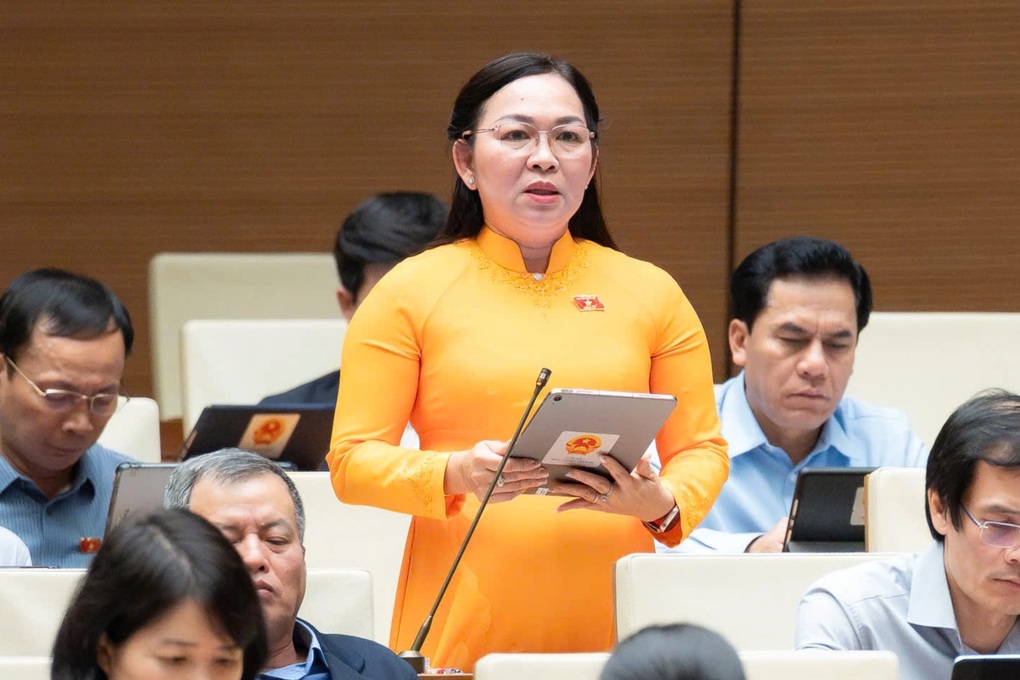
National Assembly Delegate Ly Anh Thu (Photo: Hong Phong).
“The rapid spread of unverified news makes it difficult for people to distinguish between official information and information generated by AI. This puts great pressure on revolutionary journalism, which is the voice of the Party, the State and the forum of the people,” Ms. Thu said.
The delegate therefore proposed to clarify the responsibility for labeling AI, verifying input information and handling when AI creates false content. This is necessary to protect the reputation of the press and the people's right to access correct information.
In addition, many organizations and individuals are using AI to produce journalistic content but are not part of a press agency, have no editorial responsibility or professional ethics. Ms. Thu proposed to complete regulations to identify and bind minimum responsibility for this group of subjects to limit the spread of fake news on cyberspace.
On the other hand, the female delegate proposed to soon invest in a national digital press platform, build a mechanism for ordering high-value news articles, and research and develop a stamp of authentic press authentication in cyberspace.
According to Ms. Thu, these solutions not only help the press improve its competitiveness, but also support people in accessing accurate information and quickly distinguishing between press content and fake news content.
Source: https://dantri.com.vn/thoi-su/mang-xa-hoi-phai-chia-se-doanh-thu-neu-dung-tin-cua-bao-chi-20251124163052275.htm






![[Photo] Prime Minister Pham Minh Chinh attends the patriotic emulation congress of the banking sector](/_next/image?url=https%3A%2F%2Fvphoto.vietnam.vn%2Fthumb%2F1200x675%2Fvietnam%2Fresource%2FIMAGE%2F2025%2F11%2F24%2F1763981997729_tt-nhnn-jpg.webp&w=3840&q=75)
![[Photo] National Assembly Chairman Tran Thanh Man receives a business delegation from the Europe-ASEAN Business Council](/_next/image?url=https%3A%2F%2Fvphoto.vietnam.vn%2Fthumb%2F1200x675%2Fvietnam%2Fresource%2FIMAGE%2F2025%2F11%2F24%2F1763989198212_ndo_br_bnd-7394-jpg.webp&w=3840&q=75)
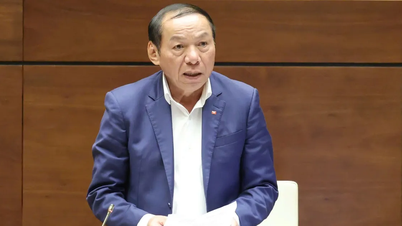

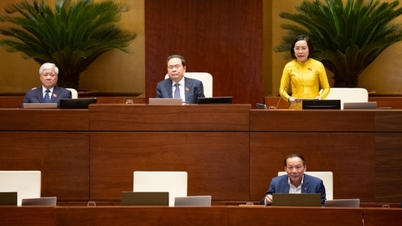

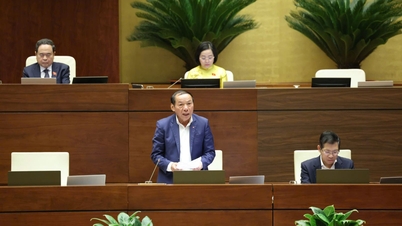

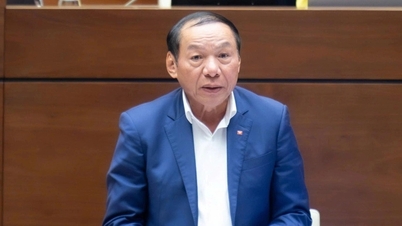
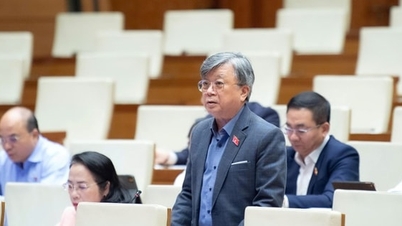

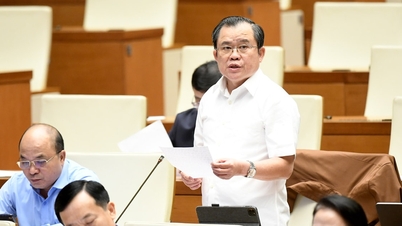

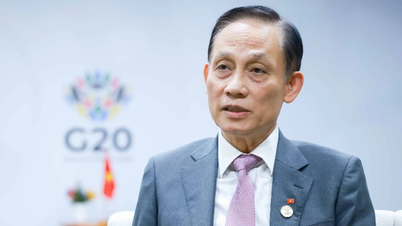

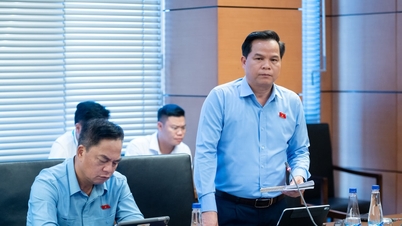
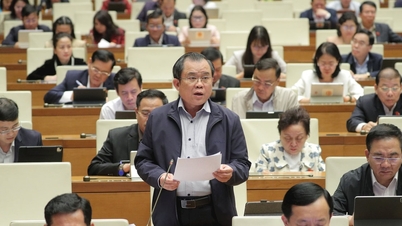
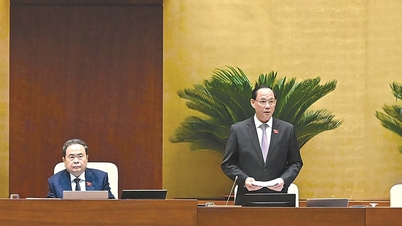
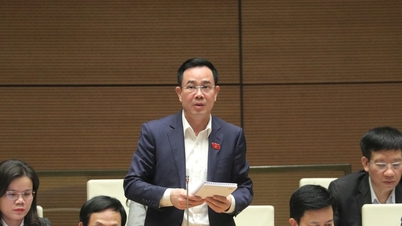
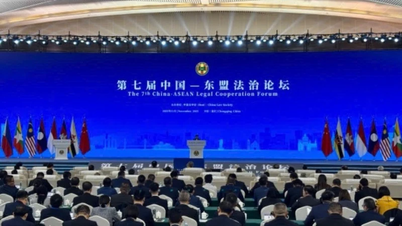






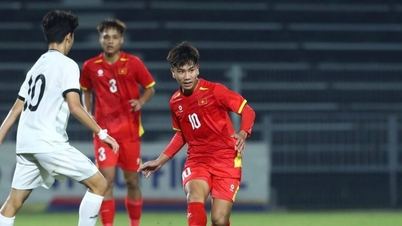
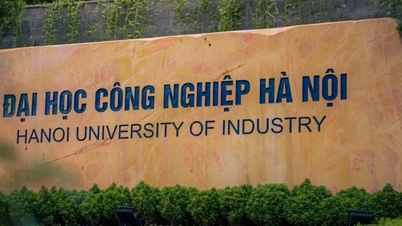
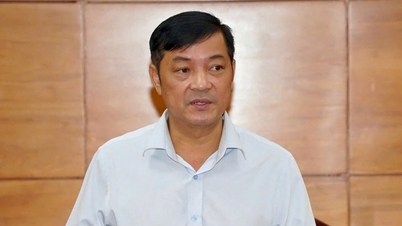



![[Photo] Next to the "mountain of trash" after the flood, Tuy Hoa residents strive to rebuild their lives](/_next/image?url=https%3A%2F%2Fvphoto.vietnam.vn%2Fthumb%2F1200x675%2Fvietnam%2Fresource%2FIMAGE%2F2025%2F11%2F24%2F1763951389752_image-1-jpg.webp&w=3840&q=75)


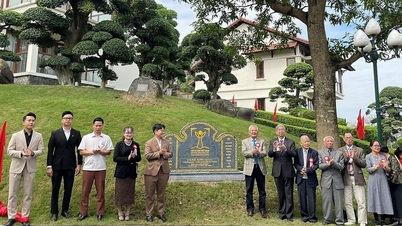

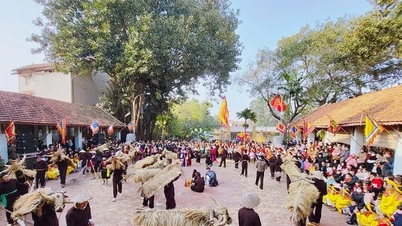

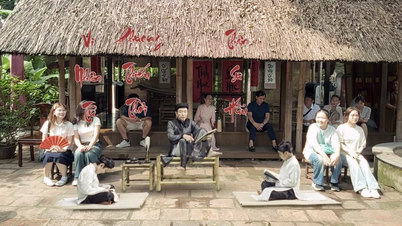
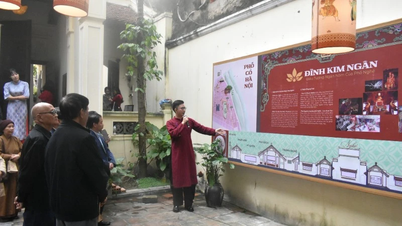








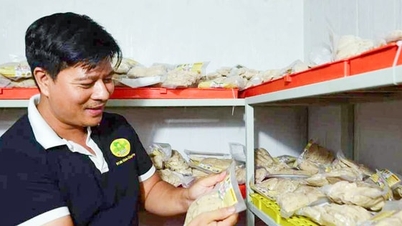




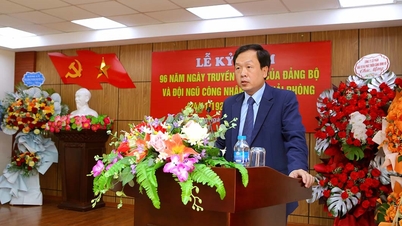


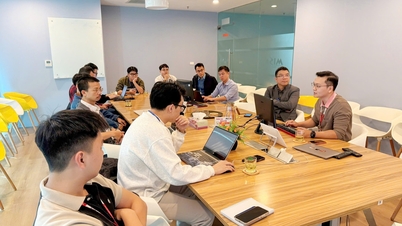

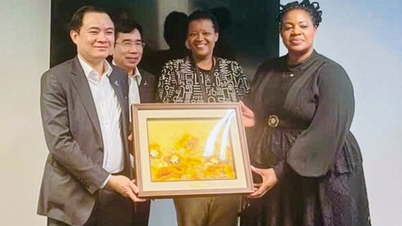
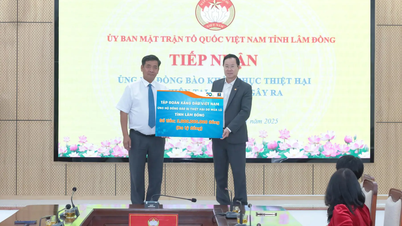






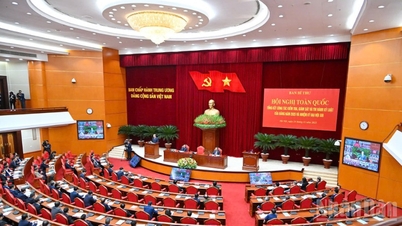

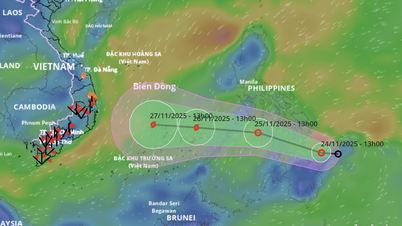

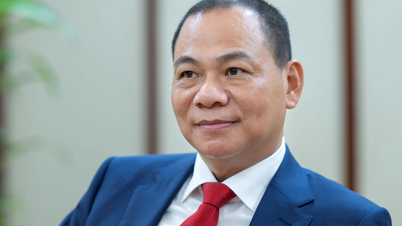
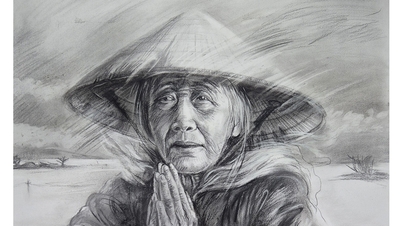
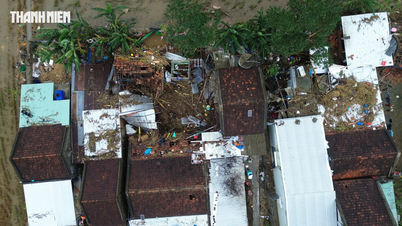
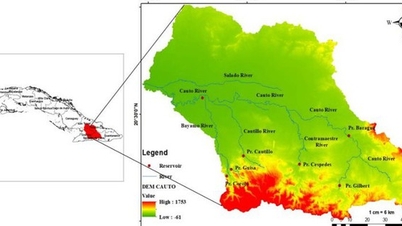

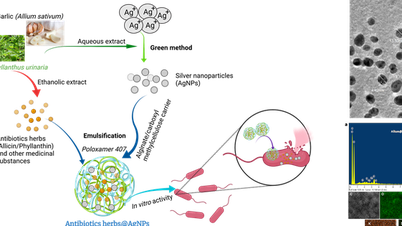
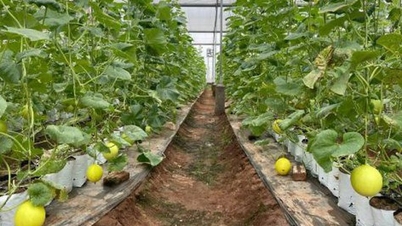


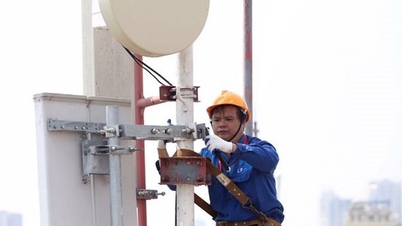
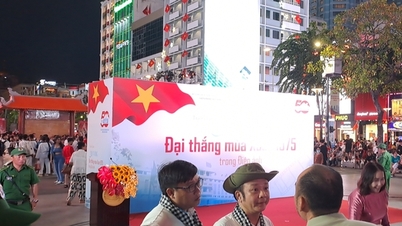

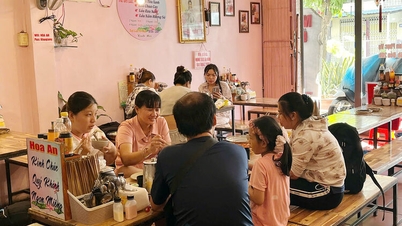

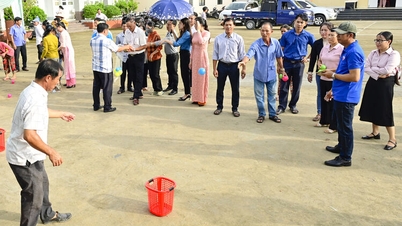
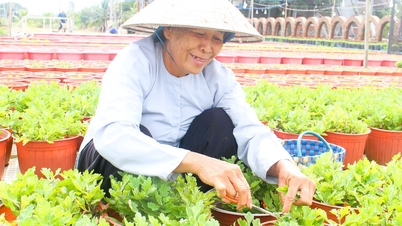
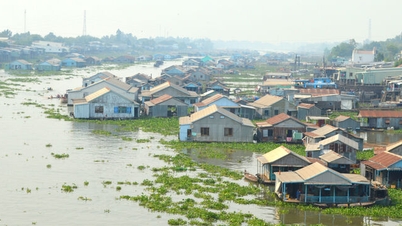
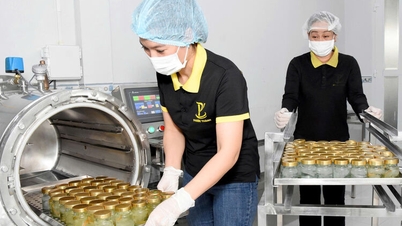
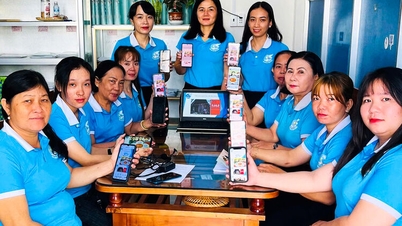












Comment (0)